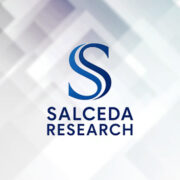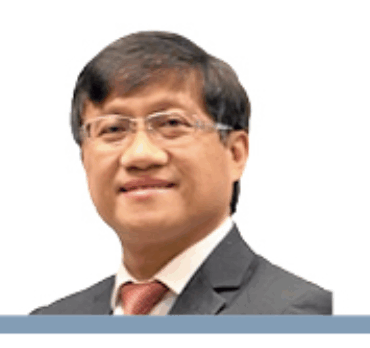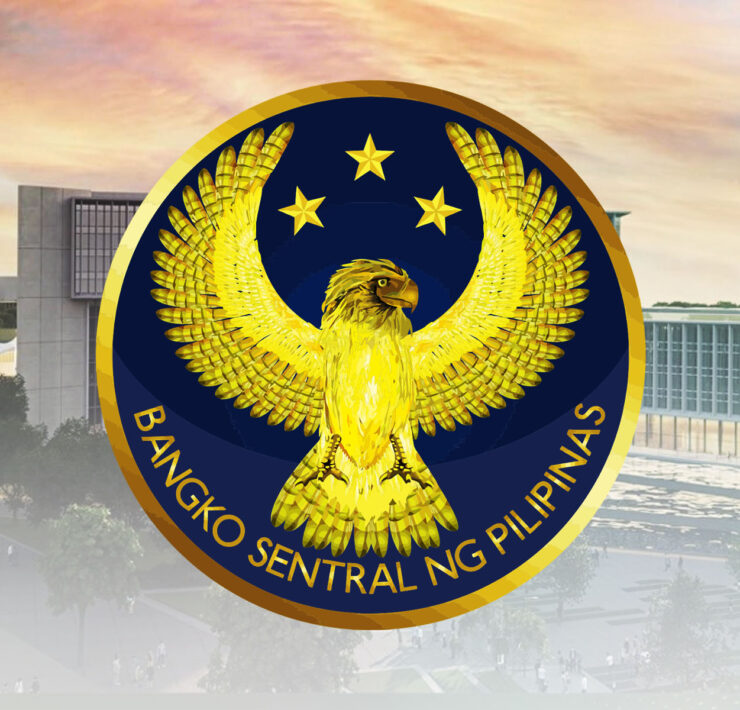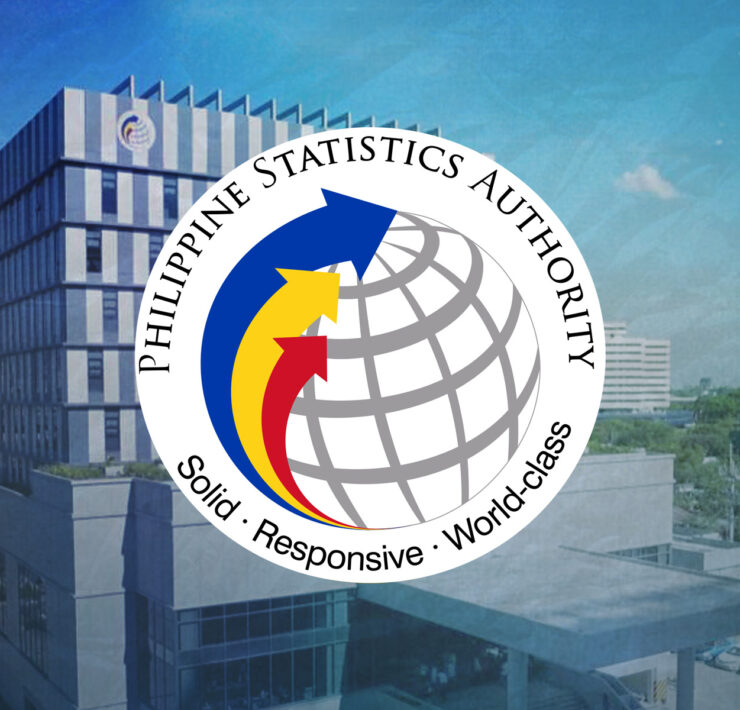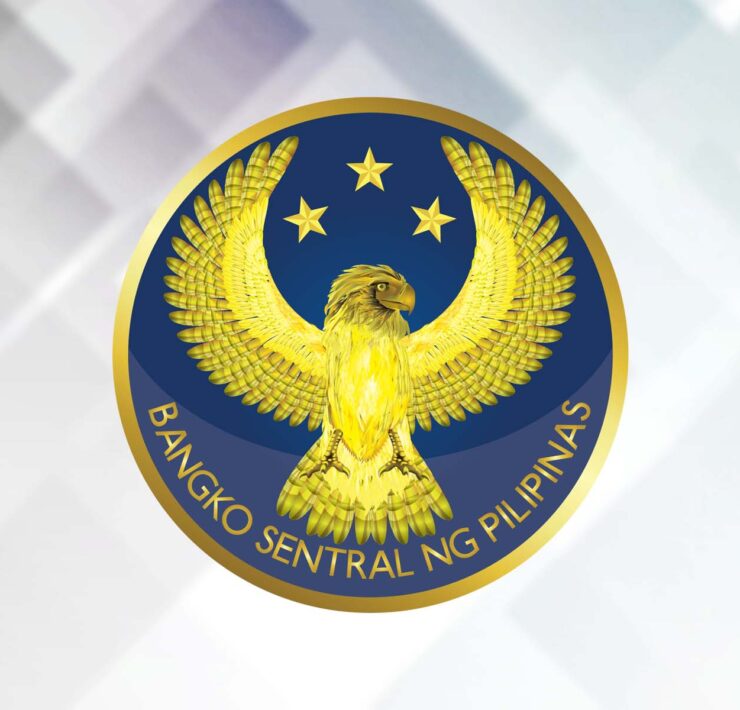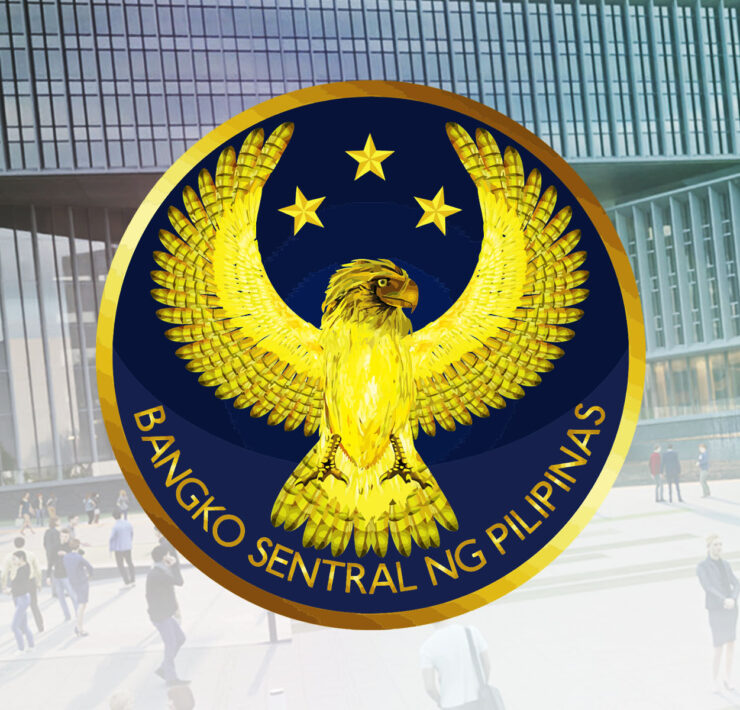PH nets nearly P3-B digital VAT from tech companies
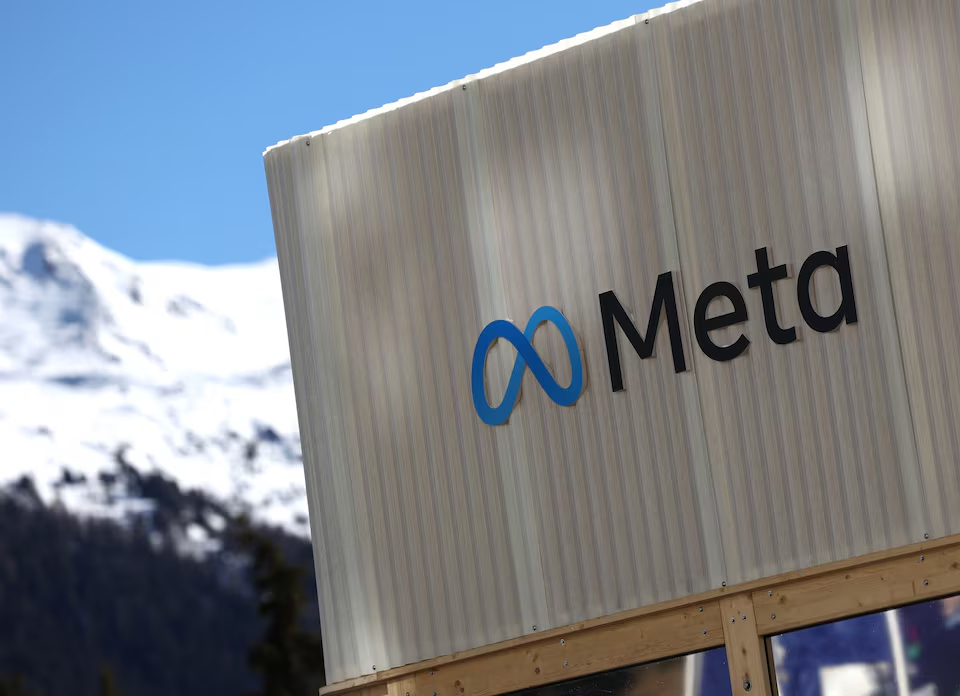
The government has collected nearly P3 billion so far from technology firms under a 12 percent value-added tax (VAT) on digital services, capturing revenues that had long proved elusive amid the rapid growth of the online economy.
Latest data from the Bureau of Internal Revenue (BIR) showed total VAT collections from digital services consumed in the country amounted to P2.79 billion as of Sept. 9.
Of that amount, P1.65 billion was paid for business-to-customer transactions. Total collections for business-to-business deals reached P1.14 billion.
Republic Act No. 12023, signed by President Marcos last October, requires foreign digital platforms to pay VAT on services consumed in the Philippines. Digital services include online search engines, marketplaces, cloud services, online media, online advertising and digital goods.
The Department of Finance has projected that the measure would generate about P102 billion from 2025 to 2029—a move that, officials say, would help plug the budget deficit and level the playing field between foreign and local providers.
Service providers
The BIR, tasked with raising P3.2 trillion in revenues this year, said 371 tech companies have already registered, among them Meta, Google Asia, Netflix, Disney, Canva, Spotify, LinkedIn and Microsoft.
Glenn Alde, chief of the BIR’s collection programs division, told participants at the Philippine Tax Academy Convention last week that more firms are expected to sign up.
“During the initial conceptualization of this system, we’re expecting more or less 300 DSPs (digital service providers) that will be registering on this system,” Alde said.
“And we’re expecting as the day goes by, there are still new registrants availing of this portal. So, meaning we may … be expecting more or less 400 DSPs. If there would be more non-resident DSPs registering, we’re also expecting an increase in collection,” he added.
The United States, home to Silicon Valley, has long pushed back against digital levies. And President Donald Trump recently escalated the rhetoric, threatening to raise tariffs on countries that impose such taxes, which he says unfairly target American firms.
Finance Secretary Ralph Recto said the Philippines would not exempt US technology giants from the 12 percent VAT already in place, dismissing concerns that Trump’s tariff threats could force a policy shift. Recto earlier told reporters the government cannot recalibrate tax policy around uncertain trade actions, even as Trump’s protectionist turn unsettles allies and pressures smaller economies to adjust.
In a recent note to clients, BMI Research said the Philippines may have to adjust its digital tax policy, warning that higher US tariffs—from the 19 percent currently imposed on Filipino products—would weigh further on the economy and depress revenue collections.













